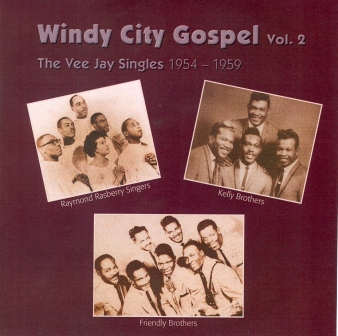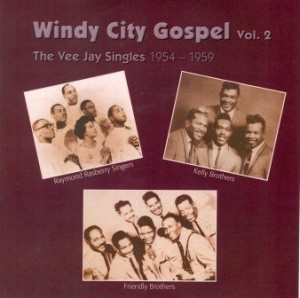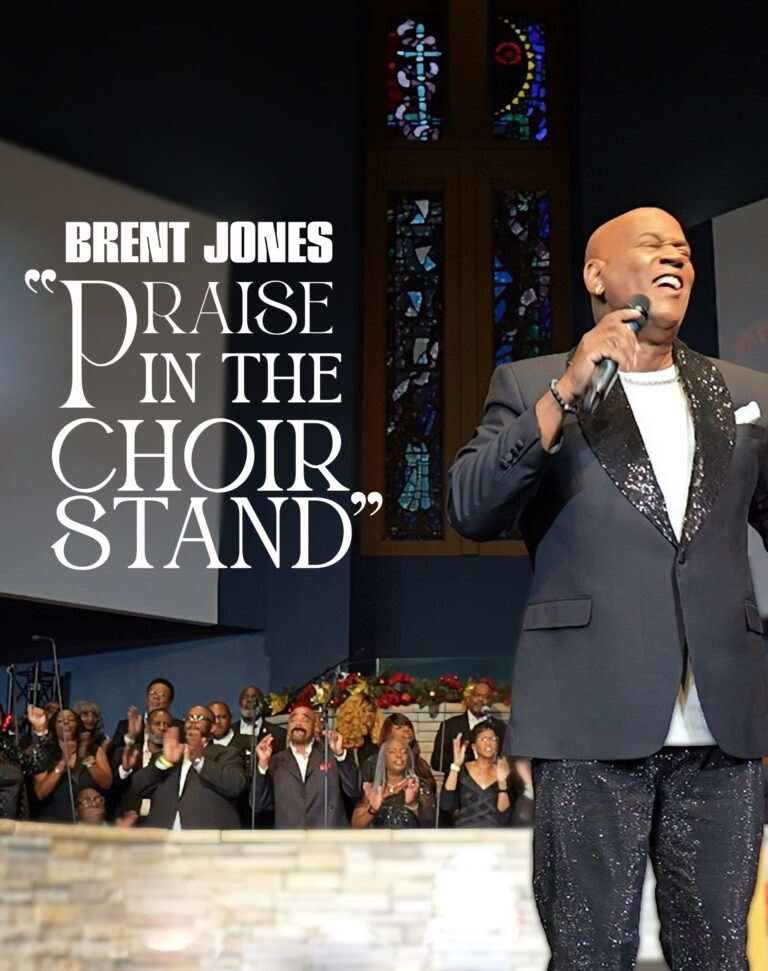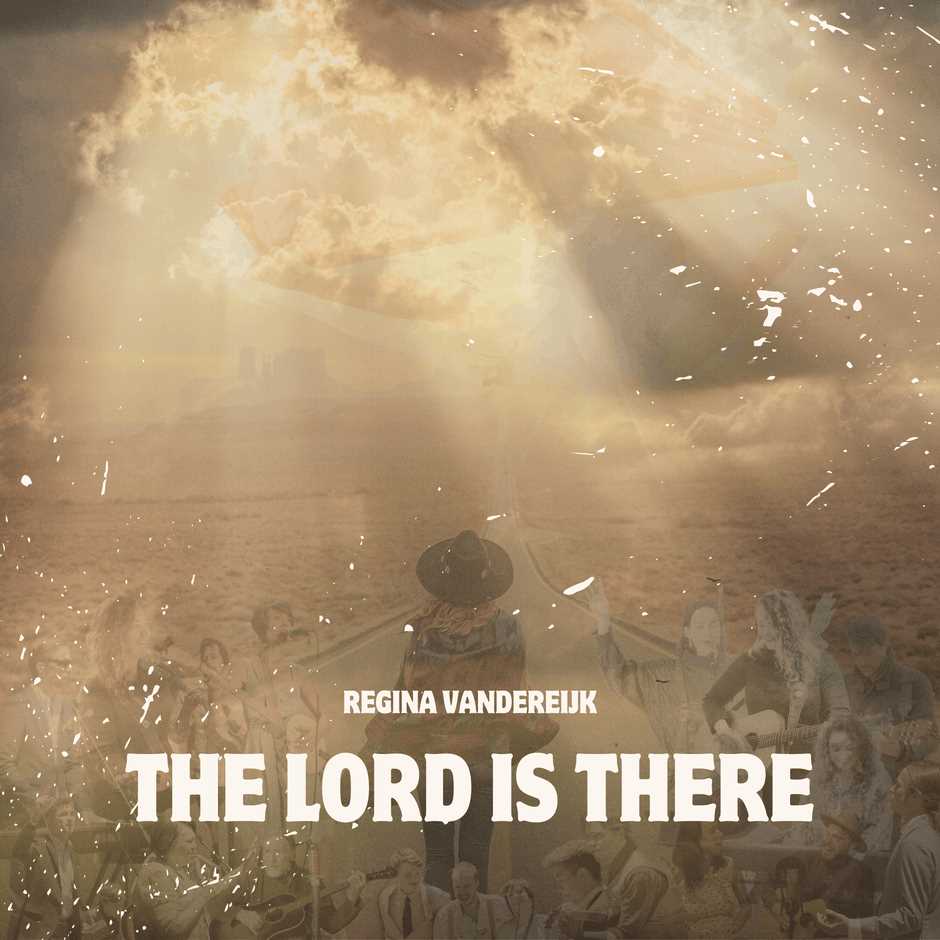By Bob Marovich for The Black Gospel Blog.
Opal Nations’ latest limited edition two-CD compilation Windy City Gospel Vol. 2 surveys the earliest gospel singles produced by Chicago’s historic Vee Jay Records. As such, the set serves as an aural glimpse of the gospel scene, and particularly the Chicago scene, at mid-century.
Vee Jay Records went from a fledgling label whose first year’s profit was minimal to one of the mightiest record companies in the country. The company built a sizable and impressive gospel roster, and not surprisingly. Gospel was one of the reasons Gary radio announcer and music shop owner Vivian Carter Bracken and her husband Jimmy went into the record business in the first place. Among Vee Jay’s first artists were the Maceo Woods Singers; their rhythmically bracing “Run to Jesus” (1954) opens the compilation.
Windy City Gospel Vol. 2 also demonstrates the profound influence that the Church of God in Christ had on gospel music. COGIC groups represented on the collection include the Argo Singers, Brother Isaiah Roberts’ Church of God in Christ Choir, and the Lockhart Singers; Little Esther Lockhart’s lead vocals are precociously charming, like a gospel Frankie Lymon.
Most of the songs on the two-disc collection are on commercial CD for the first time, and there are a few unreleased tracks here, as well. Most notable among the unreleased selections are the Newberry Singers’ stunning a cappella “What Kind of Man” (1956) and the Staple Singers’ original unissued version of 1955’s “Calling Me.”
Male quartets were well represented on Vee Jay and they are well represented on Windy City Gospel. Although Vee Jay’s big sellers in the 1950s were the Harmonizing Four, Swan Silvertones, Highway QCs and Original Five Blind Boys (of Mississippi), Nations focuses on the lesser-known quartets that recorded only a handful of sides for Vivian and Jimmy. Of special interest is the Four Internes’ 1958 “The Road Home.” They start the selection off with a sweet harmony, which had been their stock in trade, but by the end they are hard-shouting. It’s an example of the transition from sweet to shout that many quartets made during the 1950s. Still, Windy City Gospel offers some Swans and Original Five Blind Boys for their fans.
Nations cleans up a few longstanding errors made by previous commercial CD reissues of Vee Jay material. For example, he provides the actual version of “Time is Winding Up” by the Kingdom Bound Singers; the Collectables retrospective on Vee Jay gospel used the Helen Robinson Choir’s version by accident (although Robinson’s can be found on the set, too). Nations also gives the Silver Quintette appropriate attribution as the performers of “Sinner’s Crossroads,” not the Swan Silvertones, as was noted on a modern compilation.
The source material runs from sparkling to vinyl scrubbed of clicks and pops, but overall the sound is clear and resonant. The set comes with the photos and detailed liner notes that one expects from Opal Nations.
Windy City Gospel is a cornucopia of intense and urgent gospel singing from the soul of the Golden Era and the heart of gospel’s birthplace. It was a time when gospel artists sang and played as if they had nothing to lose – because they didn’t.
Five of Five Stars
2 Comments
Leave A Comment
Written by : Bob Marovich
Bob Marovich is a gospel music historian, author, and radio host. Founder of Journal of Gospel Music blog (formally The Black Gospel Blog) and producer of the Gospel Memories Radio Show.













 Visit Today : 1156
Visit Today : 1156 This Month : 20622
This Month : 20622
[…] Artist: VATitle Of Album: Windy City Gospel Vol.2 ~ The Vee Jay Singles 1954-1959Year Of Release: 2011Label: Wormsgotim MusicGenre: GospelQuality: Mp3Bitrate: 320 kbpsTotal Time: 02:31:45 (2 CD)Total Size: MbWebSite: Webpage […]
[…] Artist: VATitle Of Album: Windy City Gospel Vol.2 ~ The Vee Jay Singles 1954-1959Year Of Release: 2011Label: Wormsgotim MusicGenre: GospelQuality: Mp3Bitrate: 320 kbpsTotal Time: 02:31:45 (2 CD)Total Size: MbWebSite: Webpage […]